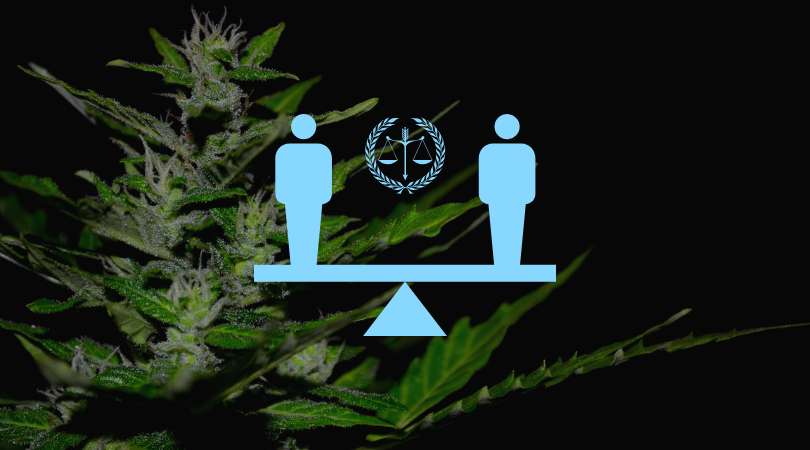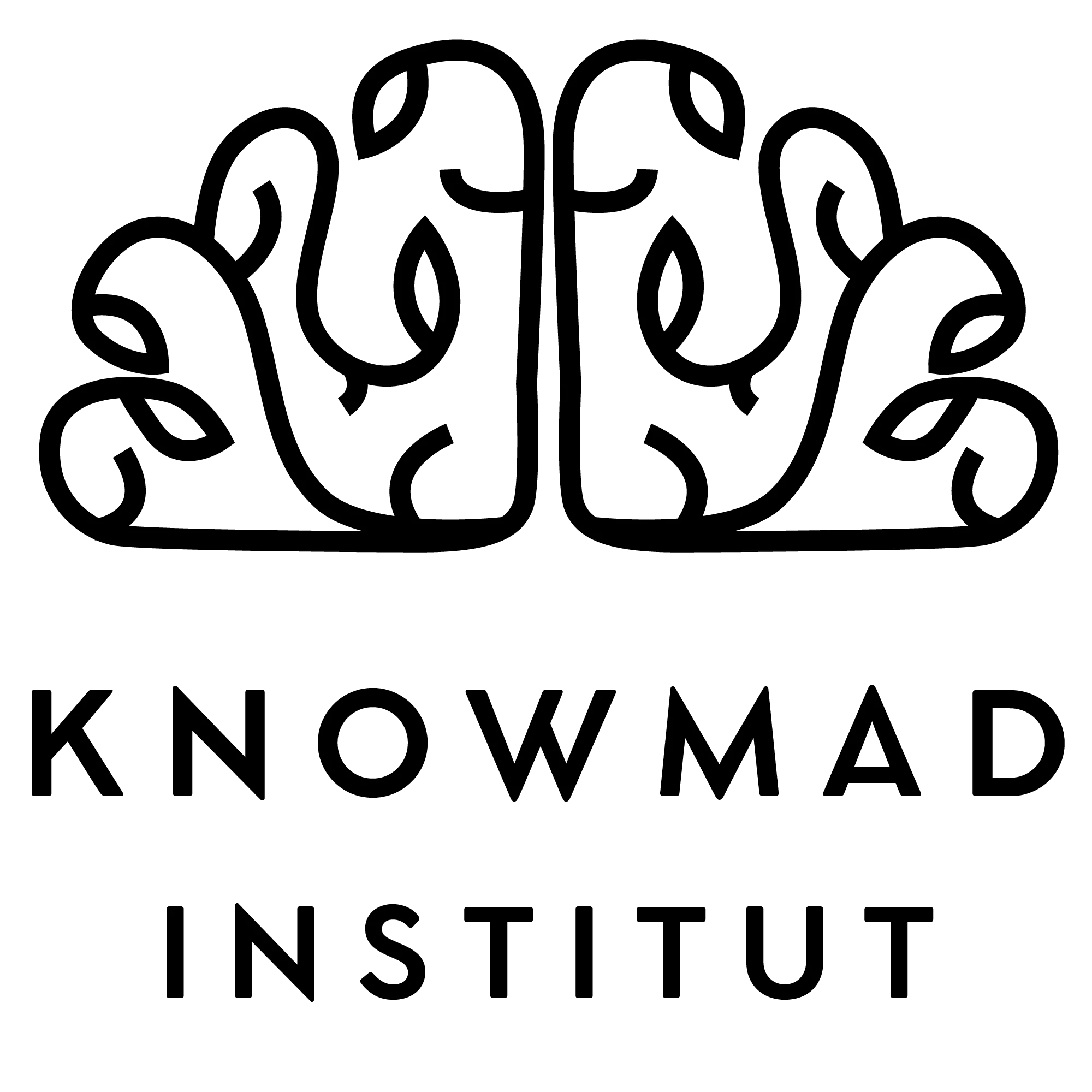Debate on Cannabis Regulation in El Salvador. A few observations.

By Ricardo Langlois, Special Advisor of the Knowmad Institut On Thursday, April 11, two thousand nineteen, a proposal was presented for the reform of the control policy of Cannabis L., popularly known as marijuana, which seeks to reform Art. 3 literal E of the Regulatory Law on Drugs (LERARD, for its Spanish acronym), and seeks…
In the name of the “Drug War”

Building on the continuing broad support for the drug war, Duterte announced last year with his Philippine Anti-Illegal Drugs Strategy (PADS) “drug-free communities by 2022” .
In this article, I present some of the effects of this anti-drug campaign based on perspectives on the affected communities, on justifications and impacts of the killings and on functions of the most prominent drug allegedly to be extinguished.
Anthropological Reflections on Medicalization

Its possible to study pain, chronic illness and death from different angles, apart from the biomedical approach, or the perspectives and models of psychology, the palliative and terminal care view, and even more so, to the branch of medicine that scientifically studies pain and its treatment, algology.
Constitutional Challenges to the Drug Law. A Case Study

As the U.S. Constitution established a system of law built on first principles, much of the focus will be on the qualitative difference that separates principled from unprincipled reasoning. As shall be seen, we are dealing with two different legal paradigms, one superior to the other, and nowhere is this better exposed than in challenges to the drug law. While unprincipled reasoning is quickly revealed to be the result of confused analysis and incomplete understanding—that is, as not being supported by any valid foundation at all— principled reasoning has as its defining trait that it is always harmonious with reason, leading back to first principles.
Know the Novel Foods

I. What are Novel Foods?1 The term Novel Foods was born in Europe and their regulation was established for the first time in the Regulation 258/97 of the European Parliament and the European Council on January 27th 1997. This regulation defines Novel Foods as those foods and ingredients which have not been commercialized at a…
Sacred Plants and Mental Health in Latin America

Sacred plants have a number of phenomena that revolve around their ritual and medicinal use, as
well as being seen as carrying a bond with the sphere of the sacred. México is the country that has
the greatest diversity of sacred plants in the Americas because its indigenous groups have a
magical-religious relationship with them.
In the beginning of the study of sacred plants, psilocybin, mescaline and ergotamine began to be
classified as classical psychedelics, this categorization was of great help to psychiatry and
neuroscience in the 1950s and 1960s.
South African Dagga Private Clubs Initiative

We, the people who use Cannabis throughout South Africa who are the keepers of traditional knowledge of the plant, have been freed after 110 years of the State-led violations of our right to privacy and our dignity as human beings after the Constitutional Court’s judgement “decriminalising the use or possession of Cannabis by an adult…
Report: Cannabis & Sustainable Development

« …The tragedies caused by the lack of adequate and effective control of drug markets have increased social suffering, especially in relatively less developed countries and regions.
That is the reason why sustainable development opportunities must be taken as a guidance to improve the performance of drug policies. But this will not be possible without a strong public administration and efficient evidence-based public policies that, without repeating schemes worn out by the absence of results, take on the challenge of incorporating a new focus.
For all these reasons, we commend the efforts that Civil Society is undertaking to achieve an effective political incidence of this agenda, and we gladly join in an open dialogue where diverse voices and visions can fit. »
Diego Martín Olivera Couto,
Secretary-General, National Drug Council,
Office of the Presidency of the Republic, Oriental Republic of Uruguay.
